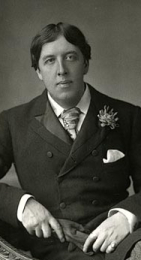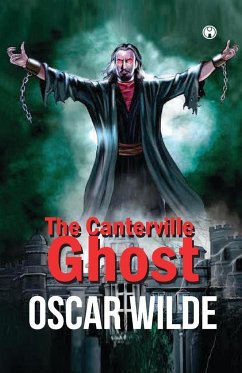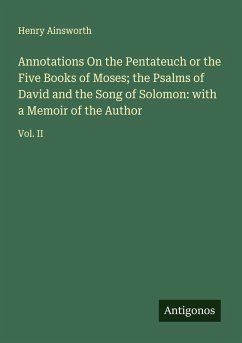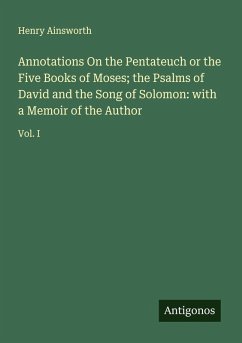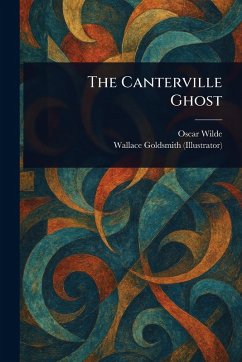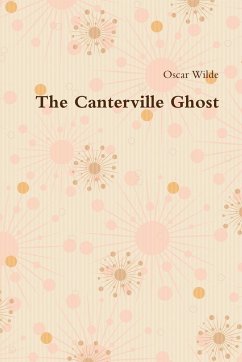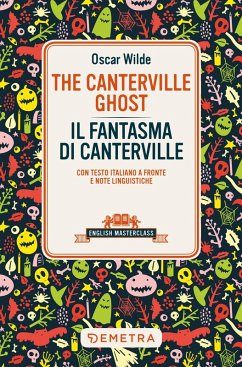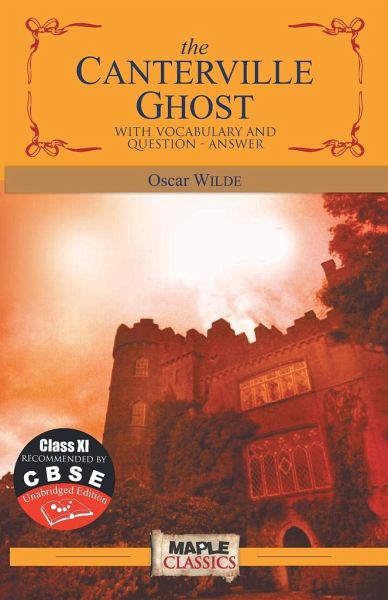
The Canterville Ghost - with annotations
Versandkostenfrei!
Versandfertig in 1-2 Wochen
13,99 €
inkl. MwSt.

PAYBACK Punkte
7 °P sammeln!
A celebrated and feared English ghost is outraged when the new American owners of his haunting place refuse to take him seriously and actually fight back against him...Wilde's story of an American family who moves into Canterville Chase and annoys a weary ghost with their lack of belief in him is a wry commentary on the ways of British nobility and of their hard-headed American cousins. Like many of Wilde's tales, this one is filled with sophisticated allusions to his social and political milieu, but ends as sentimental romance.



